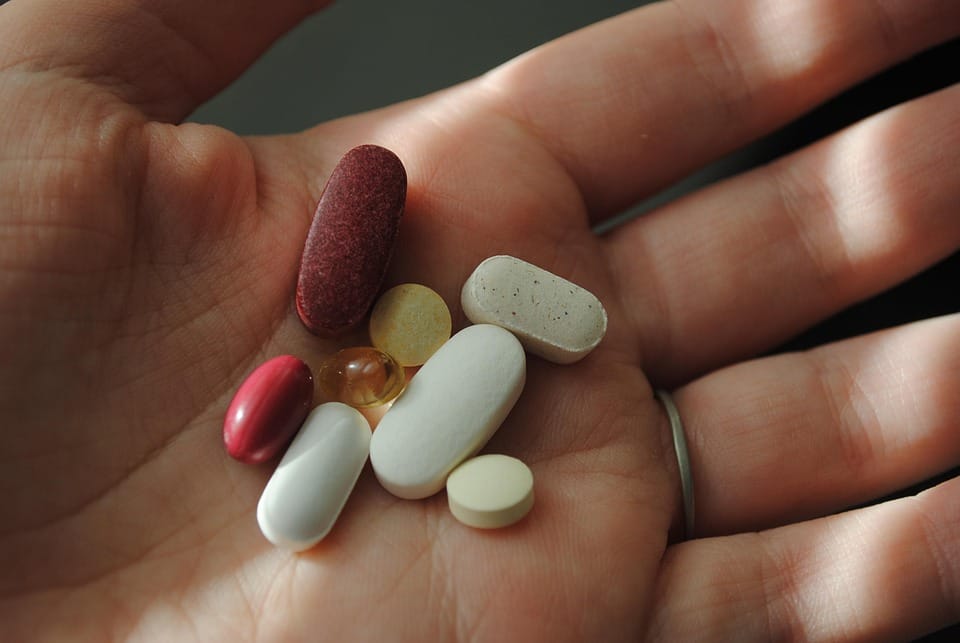The Role of Fiber in Digestive Health
Fiber is an essential nutrient that plays a crucial role in maintaining good digestive health. It is a type of carbohydrate that the body cannot digest, but it is important for maintaining regular bowel movements, preventing constipation, and promoting overall gut health. In this article, we will explore the importance of fiber in digestive health, the different types of fiber, and how to incorporate more fiber into your diet.
What is Fiber?
Fiber is a type of carbohydrate that is found in plant-based foods such as fruits, vegetables, whole grains, nuts, seeds, and legumes. There are two main types of fiber: soluble fiber and insoluble fiber.
Soluble fiber dissolves in water and forms a gel-like substance in the digestive tract. It helps to slow down the digestion process, which can help to regulate blood sugar levels and lower cholesterol. Soluble fiber is found in foods such as oats, barley, legumes, fruits, and vegetables.
Insoluble fiber does not dissolve in water and adds bulk to the stool, which helps to promote regular bowel movements and prevent constipation. Insoluble fiber is found in foods such as whole grains, nuts, seeds, and the skins of fruits and vegetables.
The Benefits of Fiber for Digestive Health
Fiber plays a vital role in maintaining good digestive health for several reasons. Some of the key benefits of fiber include:
1. Promoting Regular Bowel Movements: Fiber adds bulk to the stool, which helps to promote regular bowel movements and prevent constipation. It also helps to soften the stool, making it easier to pass.
2. Preventing Constipation: Fiber helps to keep the digestive system moving smoothly and prevents constipation by adding bulk to the stool and promoting regular bowel movements.
3. Supporting Gut Health: Fiber acts as a prebiotic, which means that it provides food for the beneficial bacteria in the gut. These bacteria help to maintain a healthy balance in the gut microbiome, which is essential for good digestive health.
4. Regulating Blood Sugar Levels: Soluble fiber helps to slow down the digestion process, which can help to regulate blood sugar levels and prevent spikes in blood sugar after meals.
5. Lowering Cholesterol: Soluble fiber binds to cholesterol in the digestive tract and helps to remove it from the body, which can help to lower cholesterol levels and reduce the risk of heart disease.
How to Incorporate More Fiber into Your Diet
Most people do not consume enough fiber in their diets, which can lead to digestive issues such as constipation, bloating, and irregular bowel movements. To ensure that you are getting enough fiber in your diet, it is important to include a variety of fiber-rich foods in your meals. Some tips for incorporating more fiber into your diet include:
1. Eat Whole Grains: Choose whole grains such as brown rice, quinoa, oats, and whole wheat bread and pasta. These foods are rich in fiber and can help to promote good digestive health.
2. Include Fruits and Vegetables: Aim to include a variety of fruits and vegetables in your meals and snacks. These foods are high in fiber, vitamins, and minerals, and can help to support overall gut health.
3. Snack on Nuts and Seeds: Nuts and seeds are a good source of fiber and healthy fats. Include them in your meals and snacks to add extra fiber to your diet.
4. Choose Legumes: Legumes such as beans, lentils, and chickpeas are high in fiber and protein, making them a nutritious addition to your diet. Try incorporating them into soups, salads, and stews.
5. Read Food Labels: When shopping for packaged foods, check the nutrition labels to see how much fiber they contain. Look for foods that are high in fiber and low in added sugars and unhealthy fats.
Frequently Asked Questions about Fiber and Digestive Health
Q: How much fiber should I be consuming each day?
A: The recommended daily intake of fiber varies depending on age, gender, and activity level. In general, adults should aim to consume between 25-30 grams of fiber per day. It is important to gradually increase your fiber intake to prevent digestive issues such as bloating and gas.
Q: Can I get enough fiber from supplements?
A: While fiber supplements can be helpful for some people, it is best to get your fiber from whole foods whenever possible. Whole foods provide a variety of nutrients in addition to fiber, which can help to support overall health.
Q: Can fiber help with weight loss?
A: Fiber can help to promote weight loss by keeping you feeling full and satisfied, which can prevent overeating. Fiber-rich foods are also generally lower in calories and higher in nutrients, making them a good choice for weight management.
Q: Can I consume too much fiber?
A: Consuming too much fiber can lead to digestive issues such as bloating, gas, and abdominal discomfort. It is important to gradually increase your fiber intake and drink plenty of water to help prevent these symptoms.
Q: Are there any side effects of increasing fiber intake?
A: Some people may experience temporary digestive issues such as bloating and gas when increasing their fiber intake. These symptoms usually subside as the body adjusts to the higher fiber intake.
In conclusion, fiber plays a crucial role in maintaining good digestive health by promoting regular bowel movements, preventing constipation, and supporting gut health. By incorporating more fiber-rich foods into your diet, you can help to improve your digestive health and overall well-being. Remember to drink plenty of water and gradually increase your fiber intake to prevent digestive issues. If you have any concerns about your fiber intake or digestive health, consult with a healthcare professional for personalized advice and recommendations.



